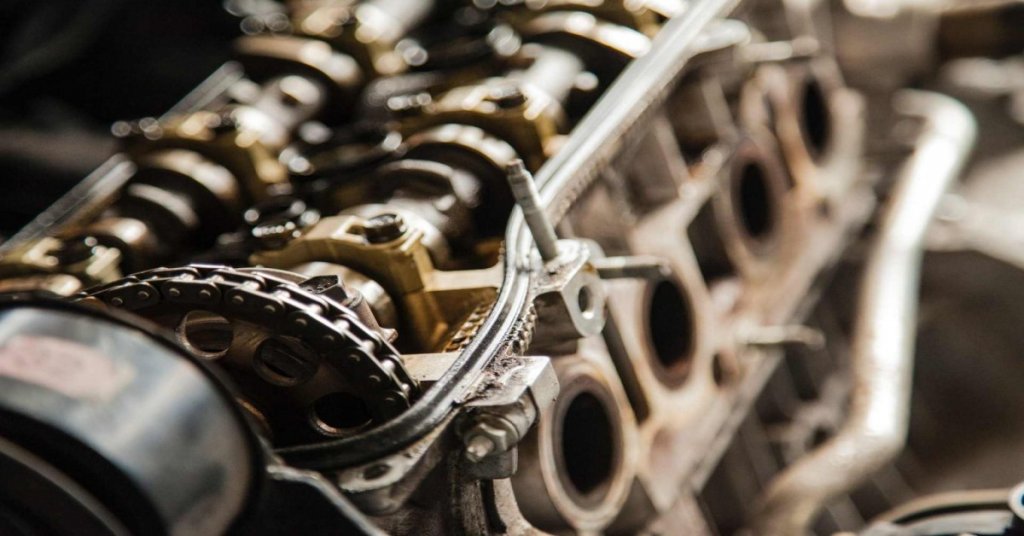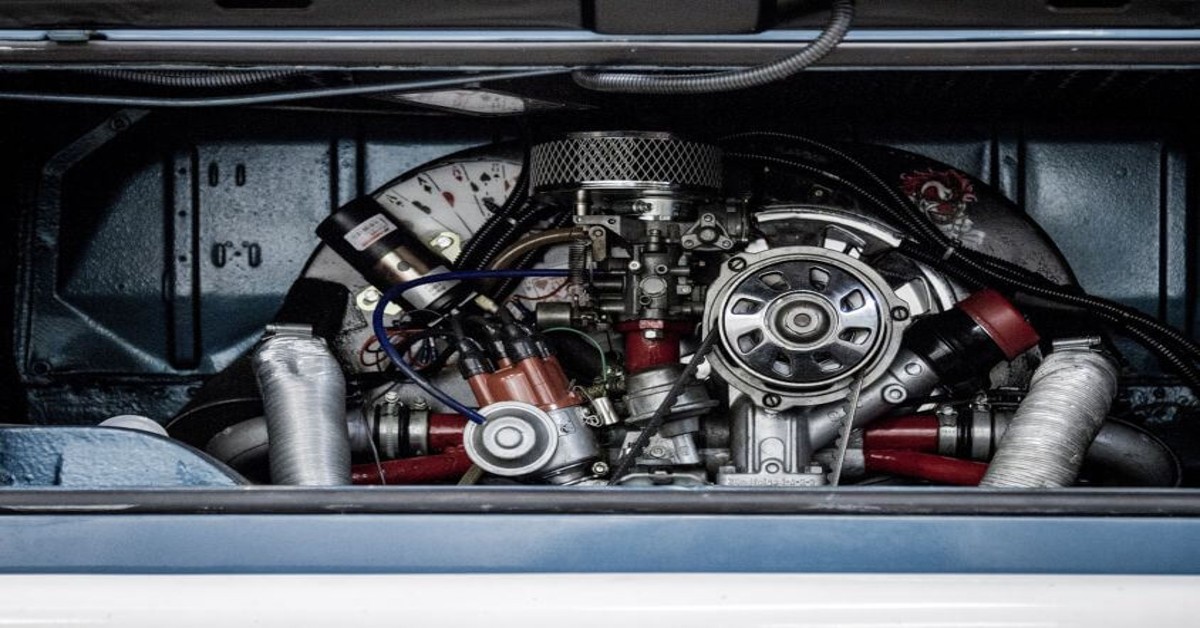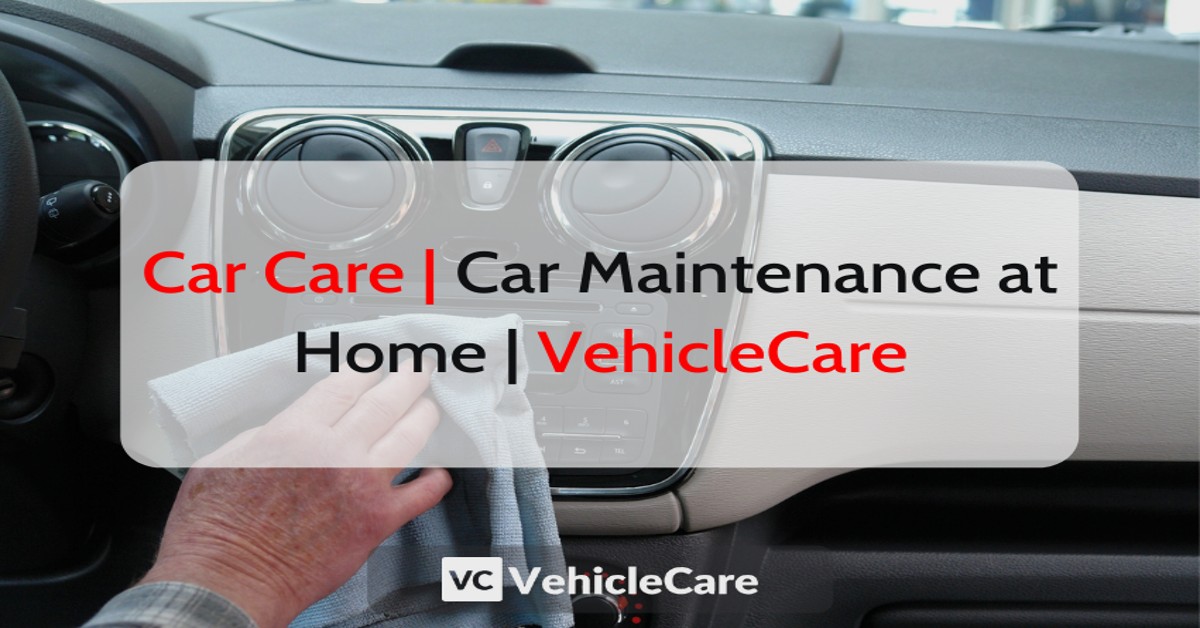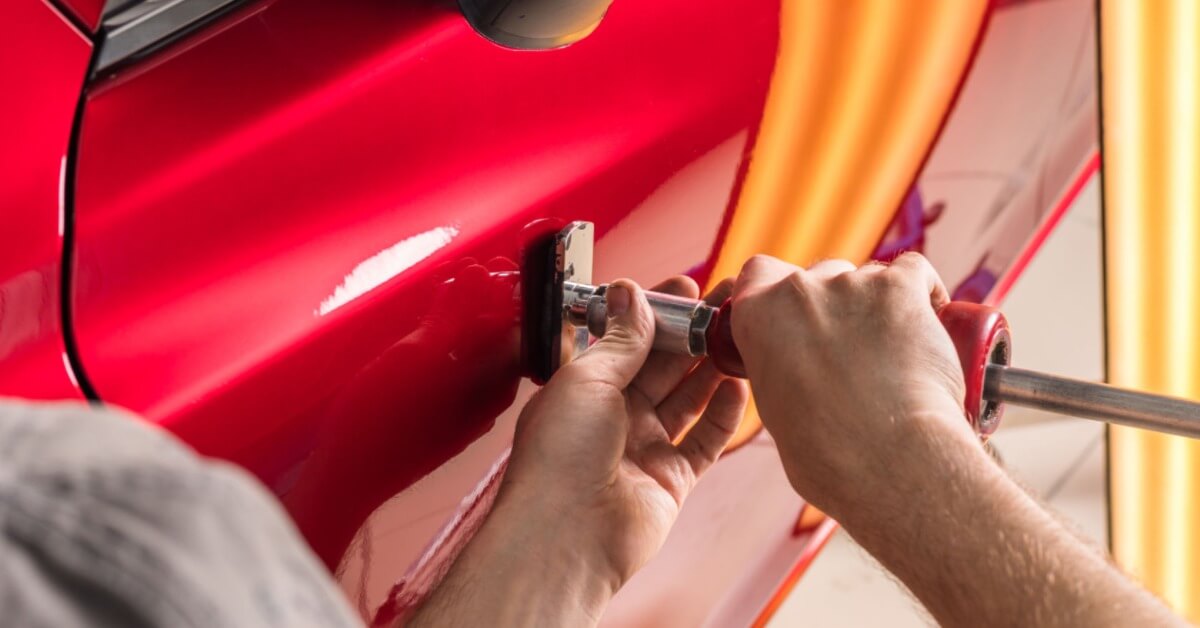Have you been hearing a lot of strange and unfamiliar noises from your car lately? what exactly do different car noises mean and how to tackle them? In this detailed guide, we’ll discuss, the common indicators of repairs that your car is trying to voice and how to fix them. And in case, you’re just curious about the different kinds of sound your car can produce, stick around because we’ll also be discussing some innocuous sounds that you need not worry about and also provide you with a quick solution.
Common Car Noises
Your car is an intricate machine, comprised of a variety of components each working together to get your car moving, and while modern engineering has made driving a combustion engine vehicle easier on the ears, some of these components produce sounds that can sometimes be nerve-racking. Let’s dive straight into some of the car sounds that are actually a clear-cut sign, you need to take your car to the garage and also tackle some less severe ones with quick DIY fixes.
1 Quivering or squealing noise under the hood-
Let’s start from the front end of your car, If you hear a constant triling followed by sporadic loud squealing noises under the hood, it’s mainly a sign of two things- spillage or misalignment of the serpentine belt or possible damage of the same. This snake-shaped belt is responsible for connecting the water pump, alternator, steering wheel, and air conditioner, to the engine, Any issue with the serpentine belt should not be taken lightly and needs to be dealt with immediately.

2 Brakes Squealing or growling- This is actually among the most common car noises. Your brake pads have a finite life span, with the most lenient driving giving your brakes a life expectancy of about 30000 miles. If your car screeches and squeals when you apply brakes, it means the friction material of your brake pads has worn out causing steel discs to come in contact with the metal wheels. Though it is nowhere near a brake failure, it is recommended to get your brake pads replaced as soon as possible.
3 Rattling Noise- Here is something that can be difficult for people to put their finger at but actually pretty innocuous and easy to fix. Car rattling noises are caused by loosened lug nuts in a hub cap. Maybe in times past, you decided to replace your car’s wheel but did not tighten it properly. A quick and easy fix for this is to simply tighten your wheels, this time more firmly.
4 Clicks and Cracklings When You Turn- A clicking sound while turning the car is one of the more overlooked signs of repair as it isn’t as menacing as car rattling noise. But this is actually an early sign of a bigger problem whose underlying causes are manifold. Here is a list of reasons why your car is making clicking sounds when turning-
- Dry Jounce bush- The strut at the front of your car has a jounce bushing on top of it. Your car can start to produce creaking sounds on turning when the bush gets dry.
- Worn-out Struts and Shocks-
Like any other component present in your vehicle the struts and shocks have a terminable run. As the struts and shocks near their lifespan, your car starts to make clicking sounds when you take turns. Replacement of these parts is crucial and should not be ignored.
- Bad Power Steering Rack.- A worn-out power steering rack can cause your car to make whining sounds when turning at low speeds.
- Worn-out Tie Rod- Tie rods are crucial for the proper functioning and turning of your wheels in response to the spin of your steering wheel. A worn-out tie rod makes a knocking sound when turning at lower speeds.
- Dry Ball Joints- Much like our arm joints, ball joints are sockets linking your vehicle’s arms to the steering knuckles to help with the right and left movement as well as up and down movement of suspensions. Dry ball joints can produce creaking and unsettling noises when you turn. To prevent these joints from losing their vigor, regular oiling is recommended.
- Worn Steering Column Bearing- The steering column connects the steering wheels to the rack and pinion. When the upper bearing on the steering column wears out, it can produce car bearing noises.
- Clogged Steering Reservoir Tank- Continuous Clicking sounds can mean a clogged steering reservoir tank. This is one of the more benign sounds. This tank stores the fluid for power steering with a filter is placed inside it to keep the fluid clean. When the reservoir gets choked, it can make your car to produce a clicking noise while turning.
The underlying causes for car noises when turning aren’t easy to diagnose and require an expert checkup. If you hear these sounds, It is highly recommended that you take your car to an expert repair workshop of VehicleCare immediately.
5. Hissing and rumbling Car Noises- Hissing noises usually come from behind, which is a sign of a crack in the exhaust pipe. If you hear hissing sounds coming from the back of your car and there isn’t a pet snake lying around in the trunk of your car, you should consider replacing the exhaust.
On the other end, a rattle under the car is not a sudden occurrence and is caused when the exhaust gets misaligned. The exhaust serves many purposes including silencing the groans and roars of your car. If it is misaligned, you can be sure to hear some loud noises from your car.
6. Whining And Loud Clunking When Shifting Gears- These types of car noises are a warning from your transmission system for the dangers that lie ahead. Any kind of buzzing, humming, growling, grinding, whining sounds or vibrations coming from your transmission are not good news for your car. if you hear loud clunking noises, when you shift into drive, neutral, or reverse, it could possibly be due to damaged needle bearings of the torque converter. Other possible causes that could produce these sounds include:
- Worn-out or damaged fluid clutches- this can be an indication of misalignment between the flywheel and torque converter
- Low level of transmission fluid – too low or dirty fluid can also be one cause and needs replacing, along with a transmission flush
- Failing transmission pump – car noise when accelerating that increases with speed may indicate a problem with the transmission pump.
7. Popping noise In The Engine- if you haven’t gotten your car serviced in ages, you can expect this to happen to you. It is among the most common car noises experienced by car owners. Worn-out Spark Plugs and clogged fuel filter are two of the main causes for popping sounds in the engine. It is a good practice to get timely service for your car to avoid this disquieting issue.
8. Knocks And Pings In Engine-
Knock and pings can occur in engines due to a malfunction in the ignition process. Simply put, the complete combustion of fuel in the engine does not occur, producing pings and knocks as you start your engine. If overlooked, this can lead to some serious problems and huge repair costs. The causes for such sounds are the following
- Clogged fuel injector
- Clogged fuel filter
- Misfiring spark plugs
- Worn-out spark plug wires
- Cracked distributor cap
Hope this guide on common car noises helps you diagnose and get a fix for your car problem. However, If you are not able to find your car’s noise in this feature, feel free to reach out to us via any media, we’ll be more than happy to help you. VehicleCare workshops are fully equipped with top-of-the-range equipments to solve all your car woes.




